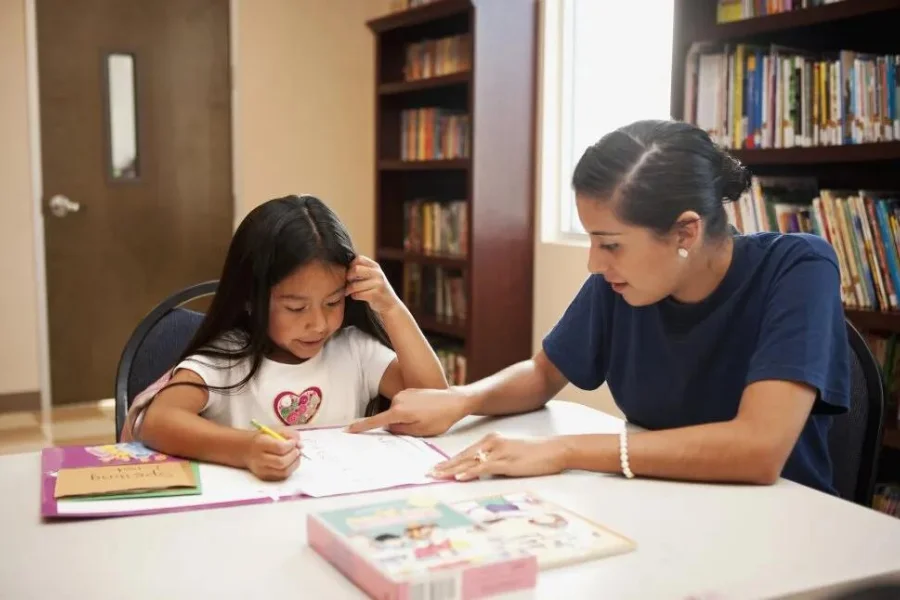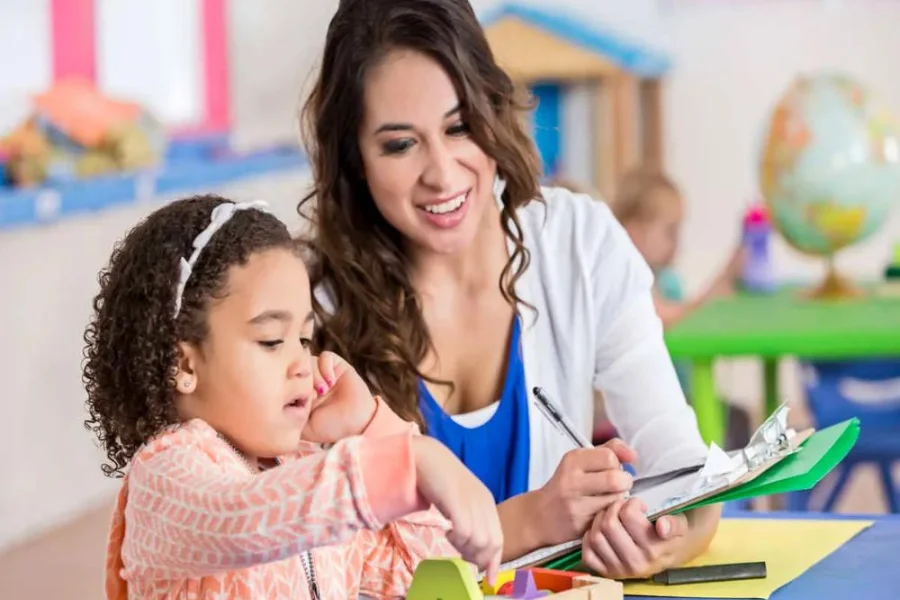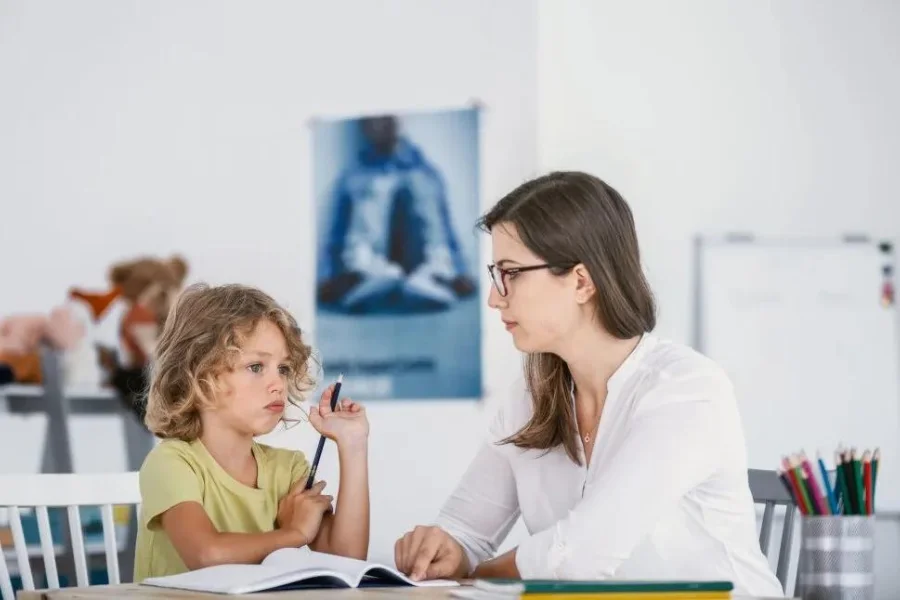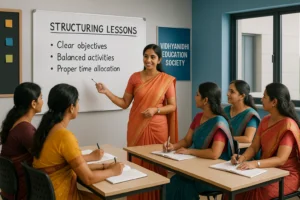
Source: verywellfamily
Courses for Parent with Disability is for who Have a child with Special Needs or any disability and raising the child needs a lot of resilience, patience, and complete knowledge of the disability. Parenting a child with special needs requires a great deal of balancing between their work commitments, healthcare, and maintaining a good rapport with the educators who are working on the holistic progress of the child. When parents are aware of the essential aspects of learning disabilities, they can understand the exact academic and emotional aid they can offer the child to help him accommodate easily into a mainstream classroom.
The Best courses for Parent with disability children who possess disabilities should empower the parents with the right teaching pedagogies and strategic expertise that help to foster confidence in children and create a nurturing rich home environment. By enrolling in the best Courses for Parent with Disability, individuals can access tailored strategies and community support that make the parenting experience more fulfilling and manageable.
For more details on the LD Course Call/Whatsapp at +919321024137 / +919869866277
To download the brochure of the LD Course, Click Here!.

Source: learningpolicyinstitute
What is the Role of Parents in Inclusive Education Need?
Parents are the biggest support system for their children and the Role of Parents in Inclusive Education Need is extremely crucial as they can uplift the confidence and morale of the child by offering them academic aid and emotional support. Parents are an important link between various professionals such as the teachers, therapists, and caregivers which helps to ensure that the child receives individualized support enabling them to function independently in a regular mainstream classroom. Collaborating positively helps to promote a more inclusive community that values the diversity of children and celebrates it to promote a culture of understanding and acceptance.
Here are the ways parents can contribute:
Building Strong Home-school Bonds
Parents can form strong networking links with the teachers to ensure that the strategies and plans that are being used are yielding the desired learning outcomes.
Actively engage in school activities
Be an active part of the child’s important activities at school that build a stronger bond between the parent and the school that fosters the overall holistic progress of the child.
Encouraging a positive attitude
Parents can guide their children to embrace school with enthusiasm, fostering relationships with classmates and encouraging the practice of learned concepts.
Curriculum input
Suggestions for curriculum adaptations or teaching methods based on their child’s strengths and challenges can ensure a more tailored learning experience.
Raising awareness
Parents can advocate for inclusive education among other families, promoting acceptance and understanding within the school community.
Social support
By encouraging peer groups and social connections, parents help their children develop strong interpersonal skills.
Eradicating any stereotype attitudes
When fully aware of the child’s difficulties parents ca be in a better condition to get rid of any stereotype attitudes that they possess and eradicate any fake myths or prejudices that can hamper the child’s mindset. Adjusting their attitudes, such as avoiding overprotection or rejection, allows parents to set realistic and consistent expectations for their children.
Open communication
Regular discussions with teachers about progress enable parents to stay informed and address concerns effectively.
Additionally, engaging in Courses for Parent with Disability equips parents with strategies to support their child’s unique needs while enhancing their contribution to inclusive education. These educational programs train the parents to look at their child’s challenges practically strengthening their mindset and equipping them to handle the situation practically without emotionally burdening themselves ensuring a holistic approach to learning.
For more details on the LD Course Call/Whatsapp at +919321024137 / +919869866277
To download the brochure of the LD Course, Click Here!.

Source: innovationdistrict
What is the Role of Community in Inclusive Education?
The Role of Community in Inclusive Education is important to creating an atmosphere where every kid, regardless of ability, can succeed. Communities act as a bridge between schools, families, and social resources, fostering mutual understanding and building a support system for inclusive knowledge.
Here are the ways communities contribute to inclusive education:
Encouraging mutual respect
Communities teach students to value diversity and understand the importance of inclusivity by promoting respect for differences.
Shaping a holistic learning environment
Through activities and resources, communities help students develop life skills, understand civic duties, and grow as well-rounded individuals.
Identifying children with disabilities
By conducting surveys and organizing medical camps, communities can identify children with disabilities and guide them toward educational opportunities.
Creating positive attitudes
Societies play a role in shaping positive perspectives among parents and teachers, highlighting the importance of kid’s rights and skills.
Organizing events and resources
Communities can arrange expert lectures in schools, facilitate funding for inclusive programs, and provide the necessary support for their implementation.
Providing medical check-ups
Regular medical check-ups organized by community groups ensure children with disabilities receive timely interventions, involving both government and non-government organizations.
Ensuring compliance with regulations and policies
Children with learning disabilities are entitled to various regulations and concessions as well as benefits that can lessen their burden. Communities ensure that the policies are being followed and the children gain the advantages of the benefits that are specially bestowed upon them.
Presenting inclusive programming
Community organizations often introduce the concept of inclusive education to families, helping them envision possibilities for their child’s future.
Offering parent training
By providing low-cost or free training programs, communities empower parents with the skills and knowledge needed to support their child’s inclusive education.
The Role of the Community in Inclusive Education extends beyond schools, ensuring every child has access to an inclusive and supportive learning environment. These efforts not only benefit children with disabilities but also nurture a society that values diversity and inclusion.
Join Vidhyanidhi Education Society’s LD Course and empower your parenting now!
For more details on the LD Course Call/Whatsapp at +919321024137 / +919869866277
To download the brochure of the LD Course, Click Here!.
Which are best Courses for Parent with Disability?
FAQs
What challenges face the parents of a child with a disability?
Parents face emotional stress, financial strain, social isolation, navigating resources, and balancing care with personal needs.
How to be a better parent to a special needs child?
Stay patient, support their needs, celebrate milestones, seek support groups, and educate yourself on their condition to provide the best care.
What are the emotional effects of parenting a disabled child?
Parenting a special child can lead to mixed emotions like joy, fault, anxiety, exhaustion, and a deep sense of accountability.



